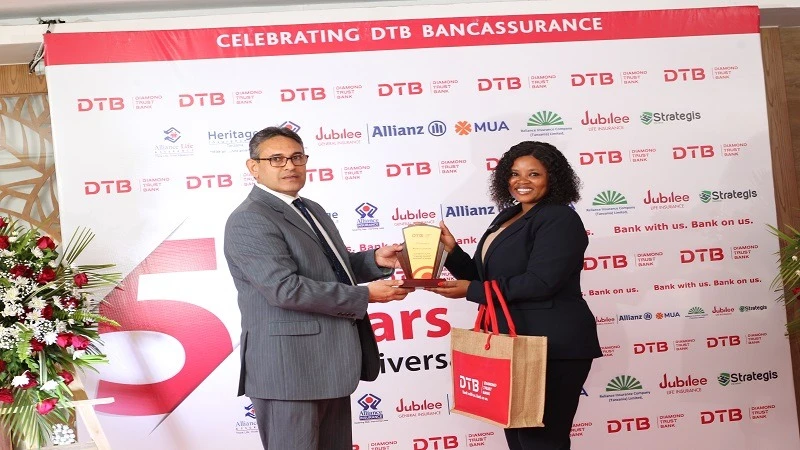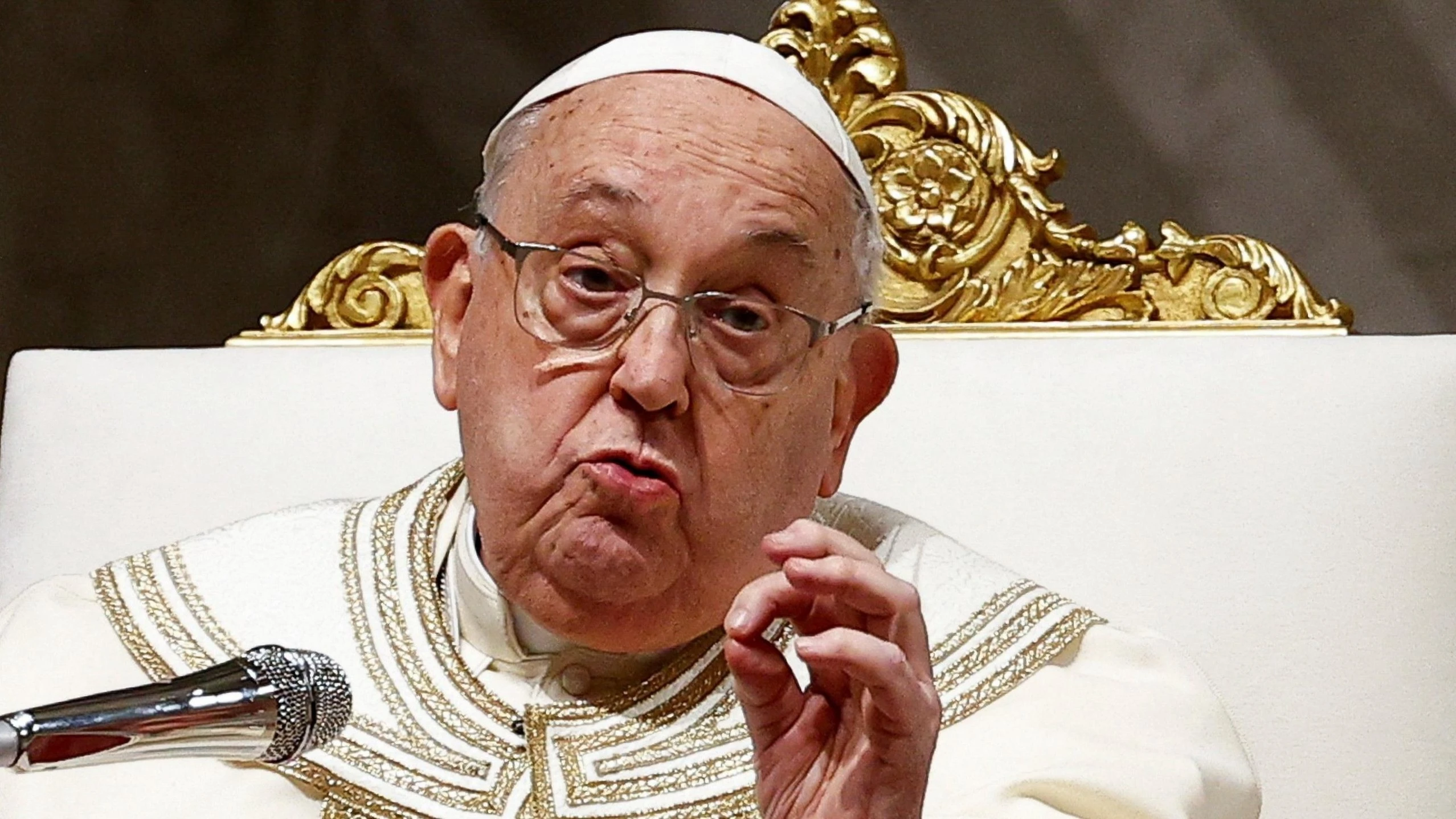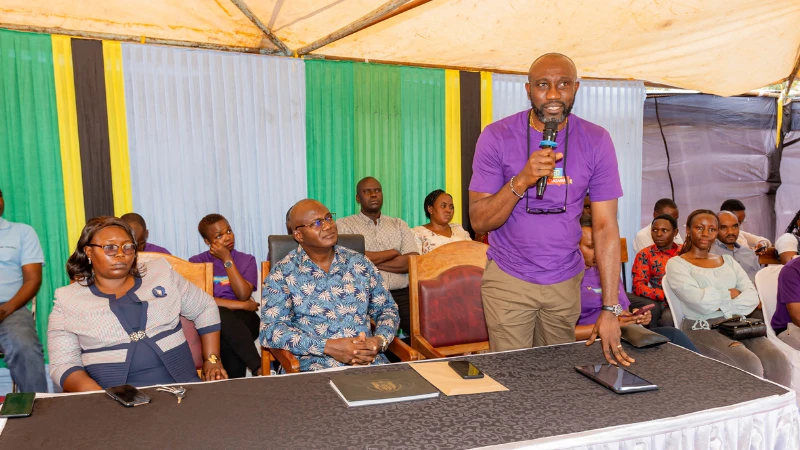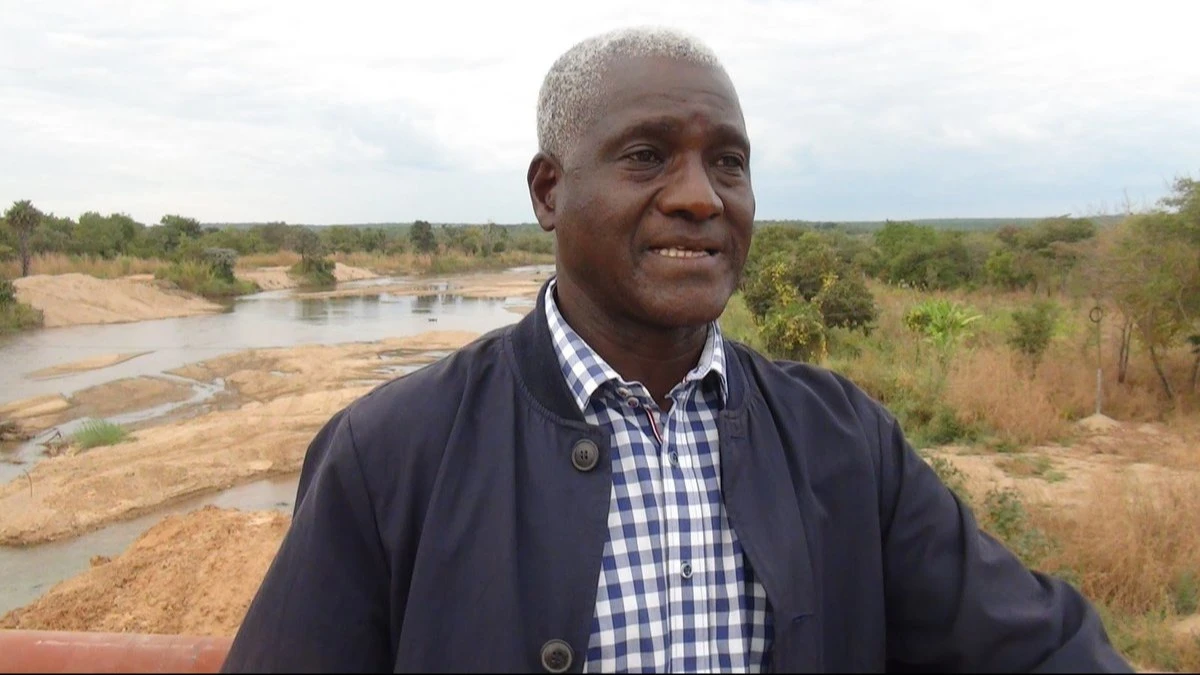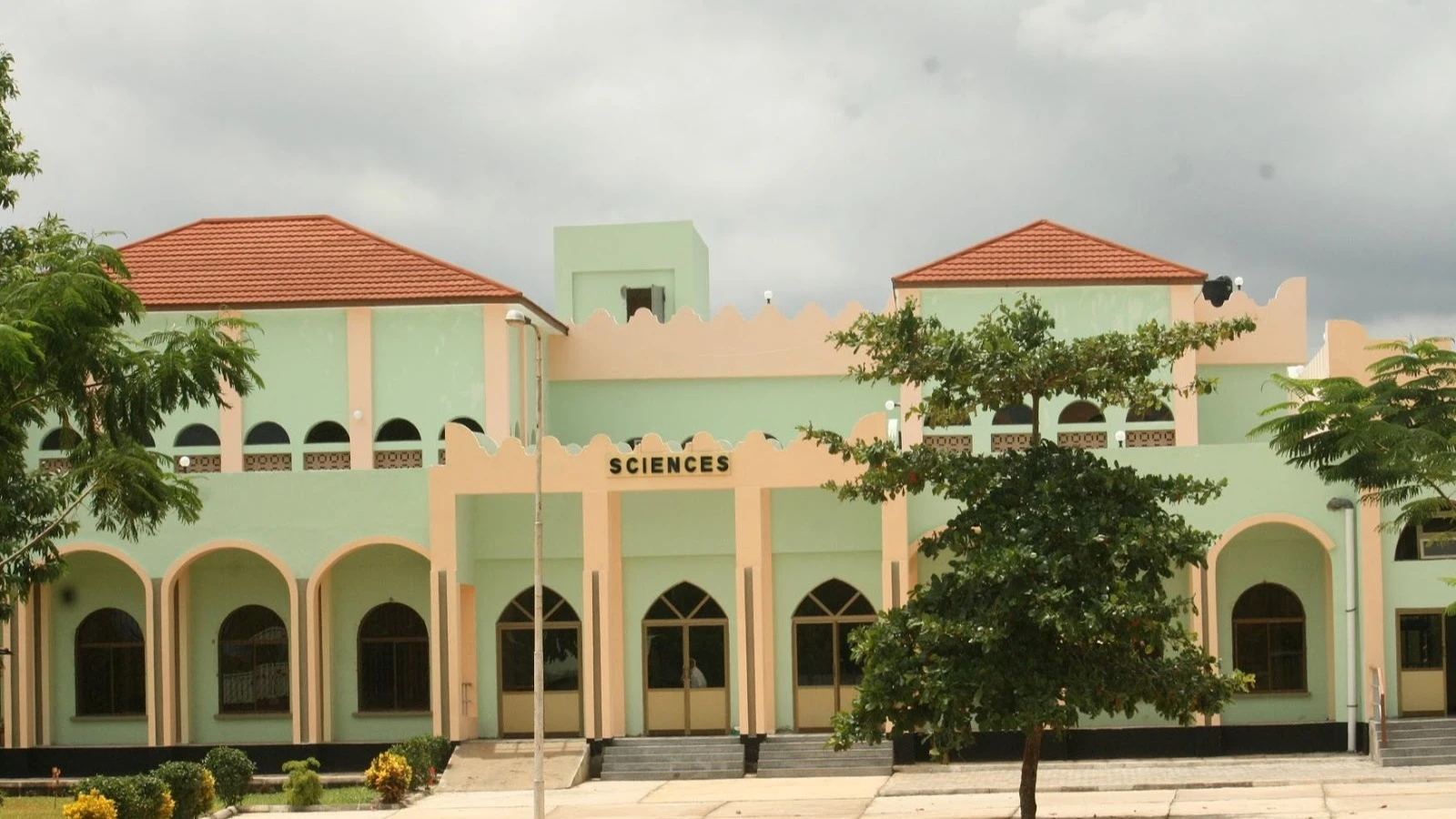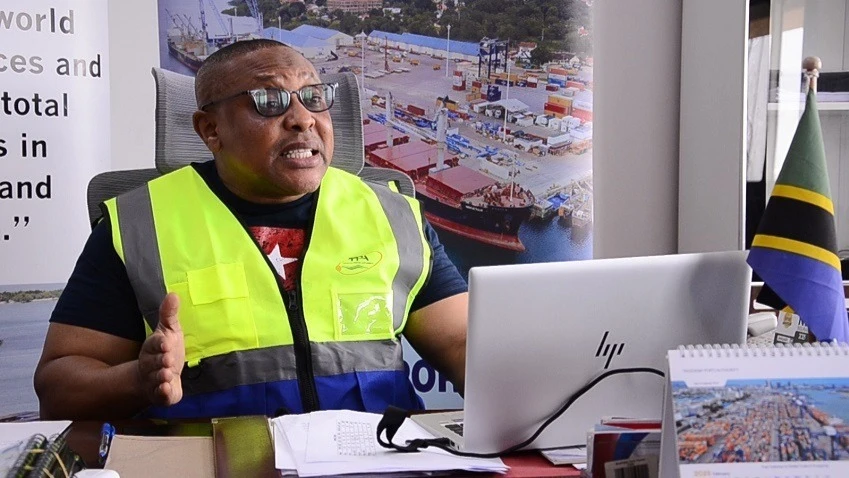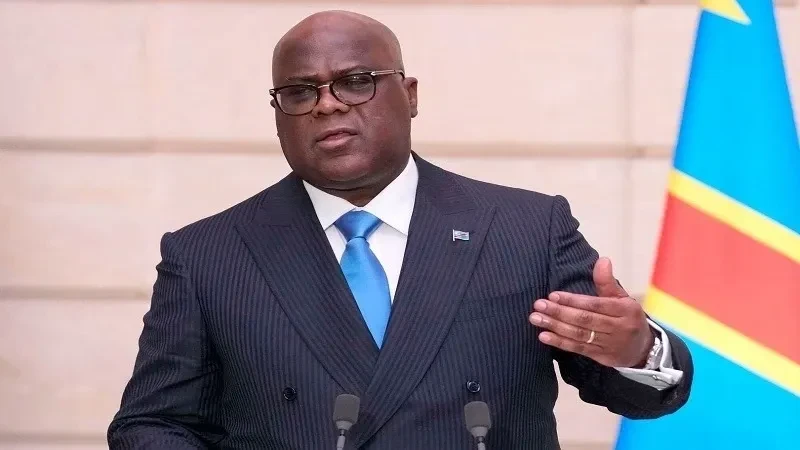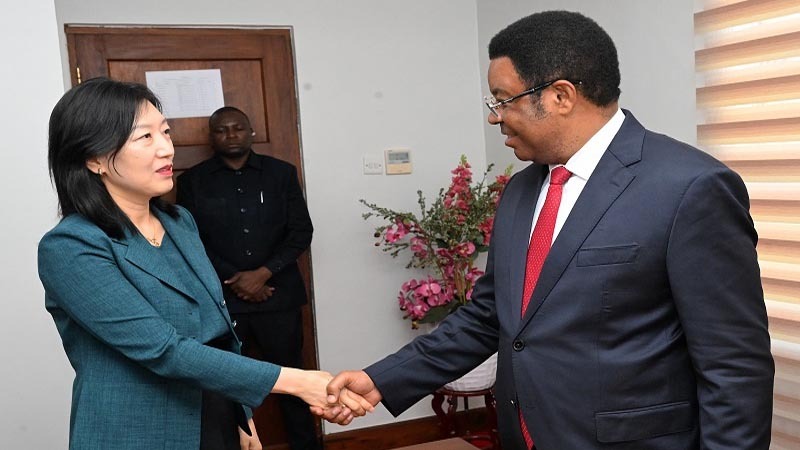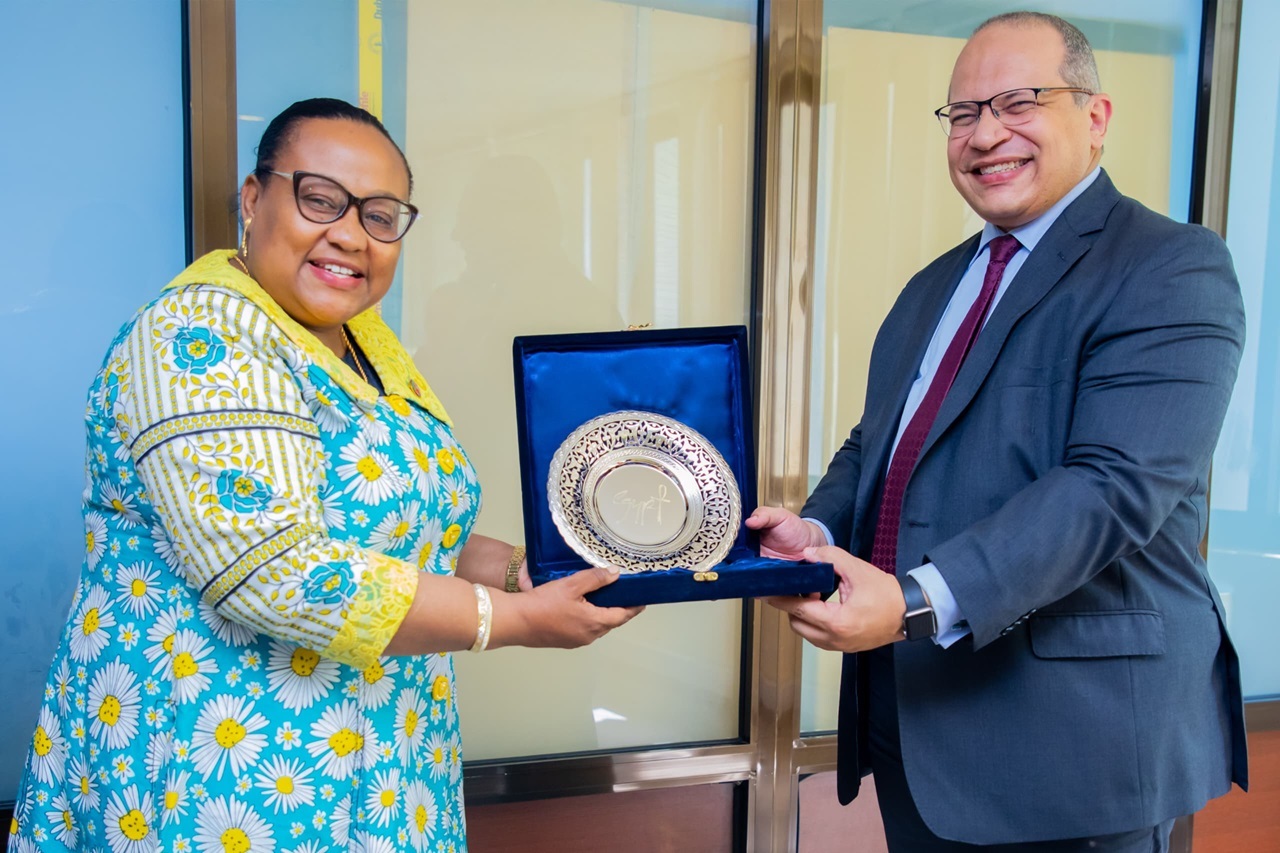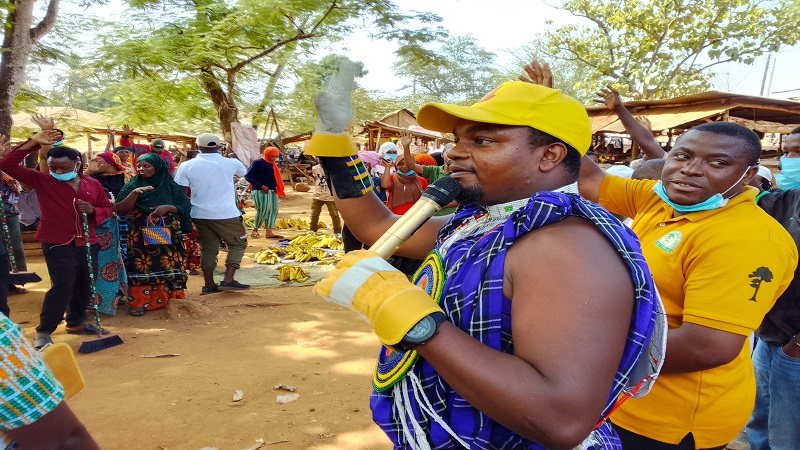Govt now revisits law requiring telecoms to list shares on DSE
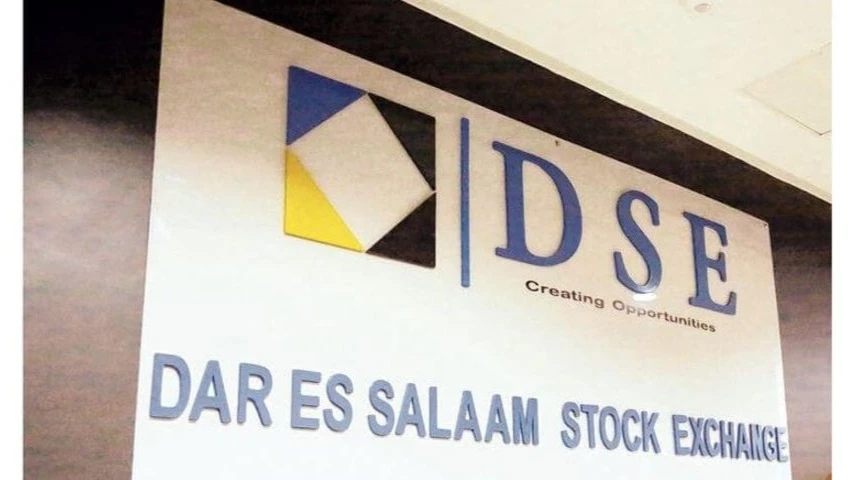
The government has expressed its willingness to engage in discussions with Mobile Network Operators (MNOs) to review the law's impact that required telecom companies to list a portion of their shares on the Dar es Salaam Stock Exchange (DSE).
Jerry Silaa said the government is open to finding a balanced solution that benefits
Minister for Communication, and Information Technology, Jerry Silaa, said the government is open to finding a balanced solution that benefits both investors and the industry.
Speaking at a government and telecom stakeholders’ working session in Arusha, Silaa emphasized the importance of reevaluating policies to ensure they align with the realities of a free-market economy.
“I believe the time has come for us, as a government, to return to the discussion table with stakeholders. We need to review past decisions, assess the current landscape, and formulate a better approach moving forward,” he said.
Silaa’s remarks signal a possible shift in policy, as the government acknowledges that forcing telecom companies to list on the stock market—without ensuring favorable conditions—may have led to challenges.
Silaa pointed out that, under normal circumstances, companies list on stock exchanges voluntarily as a way to raise capital. However, the law enacted in 2017 required telecom companies to list at least 25 percent of their shares on the DSE, a move that has since raised concerns.
“Typically, a company decides to go public when it wants to expand and attract more investors. But in 2017, the government made it mandatory for telecom companies to list. Vodacom complied, but many are now questioning when other companies will follow, especially given Vodacom’s experience,” he noted.
He admitted that government-imposed directives of this nature often yield unintended consequences, as seen in Vodacom’s case.
“When we impose mandatory measures, we sometimes end up with results like these. I may not have a precise assessment at the moment, but the reality is evident,” he added.
During the session, veteran journalist Absalom Kibanda raised concerns about the fate of Tanzanians who were encouraged by the government to invest in Vodacom shares but have since seen their investments decline in value.
Kibanda, a former chairman of the Editors’ Forum, questioned whether the government recognized that pushing Vodacom to list before creating a conducive investment environment contributed to the ongoing challenges.
He further asked what measures the government plans to take to protect small investors who bought shares at the state’s urging but have suffered losses.
Records show that as of March last year, Vodacom’s share price had dropped to 740/- per share, down from 850/- in 2017—a decline of 110/- per share.
In March 2021, Vodacom’s Board of Directors announced that shareholders would not receive dividends due to the company posting losses, reporting a 30bn/- deficit.
Given these developments, Minister Silaa suggested that Parliament might need to review the law to prevent similar challenges in the future.
“We have MPs here, including the Parliamentary Infrastructure Committee. Laws are not sacred texts—they are meant to advance our interests, not to restrain us. Since I have addressed this in a stakeholder forum, I believe it is the right time for us to explore better ways for telecom companies to operate,” he stated.
Silaa’s remarks indicate that the government is open to adjustments that will foster a more favorable business environment, benefiting both investors and the telecom sector.
Top Headlines
© 2025 IPPMEDIA.COM. ALL RIGHTS RESERVED











